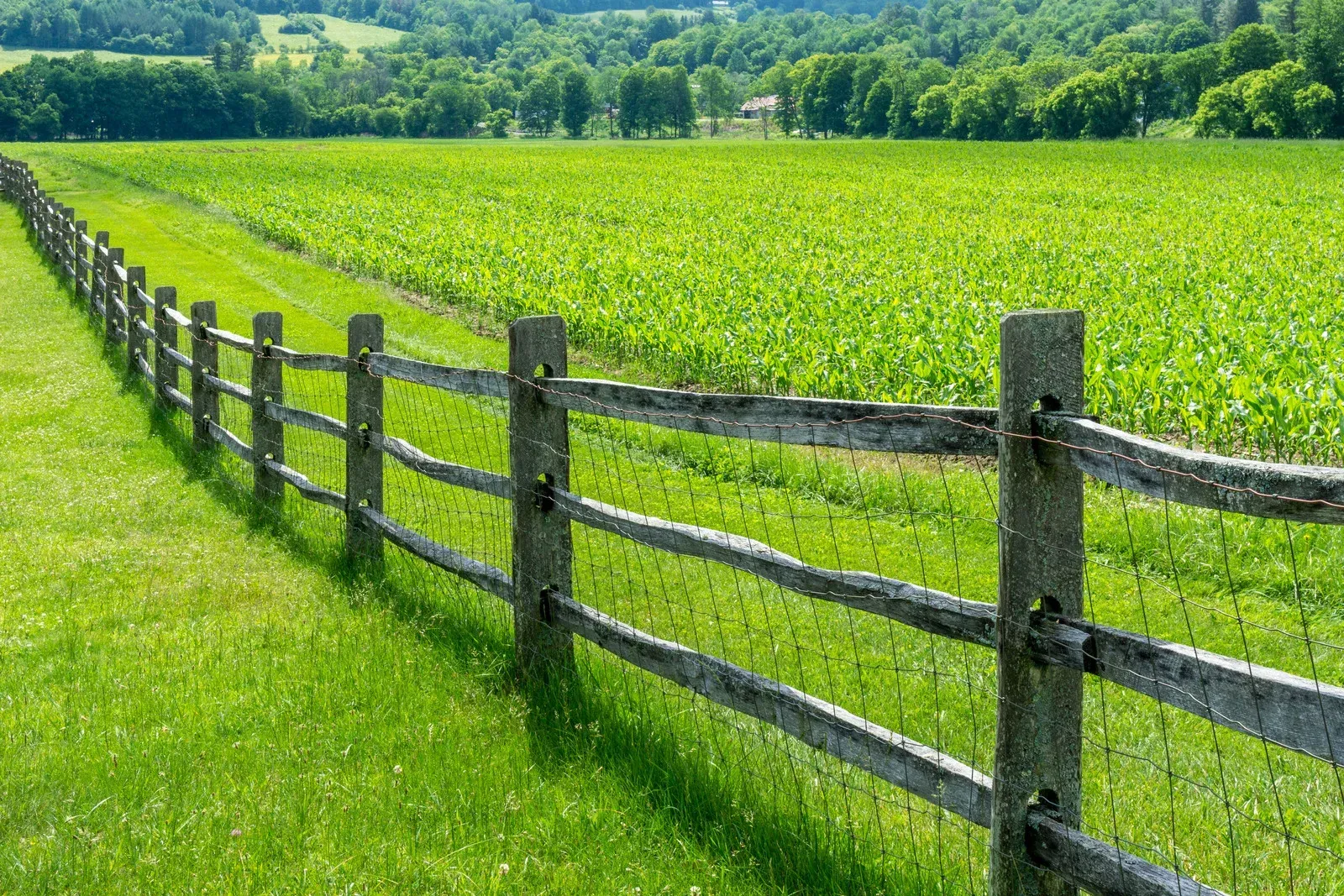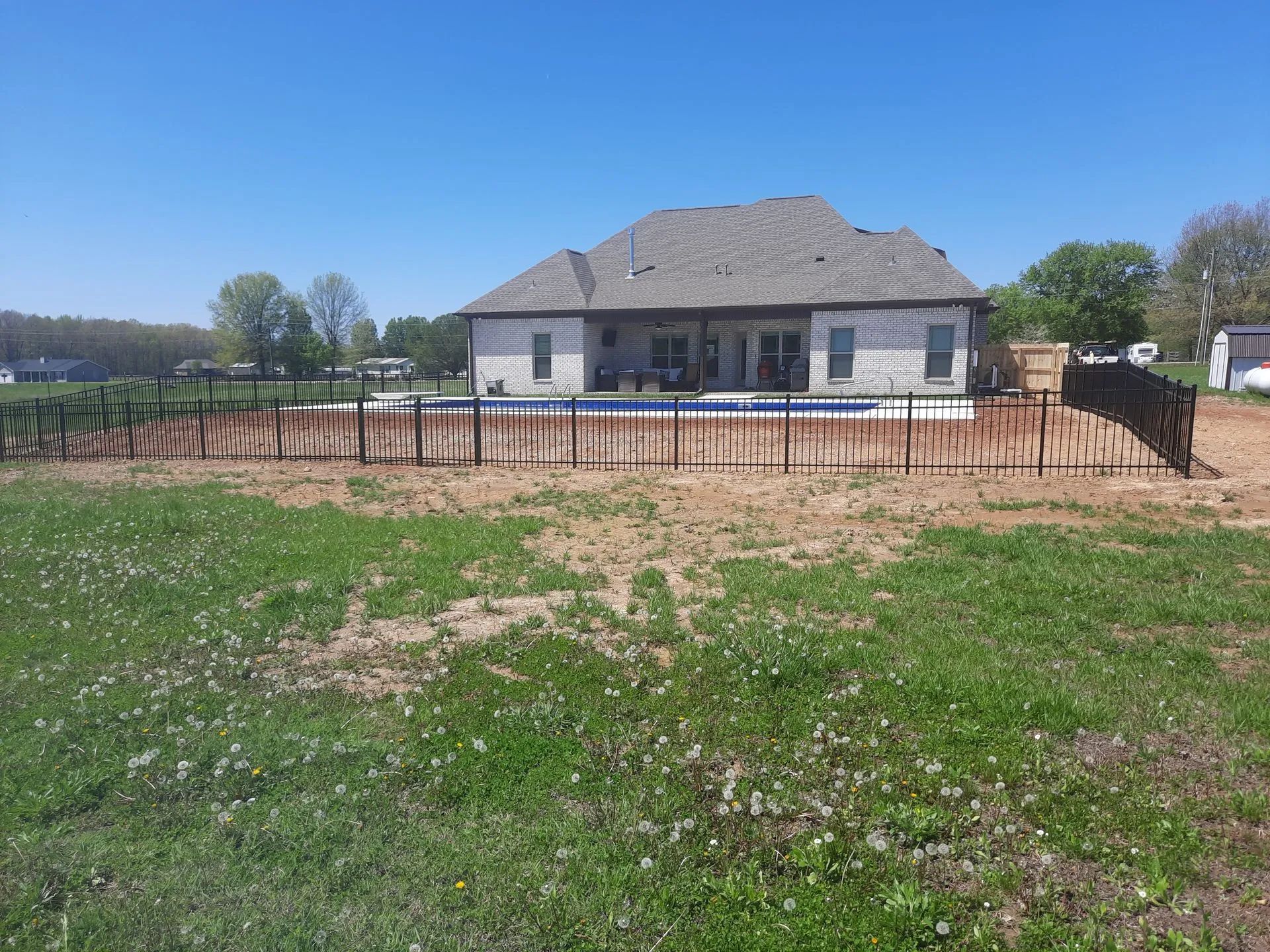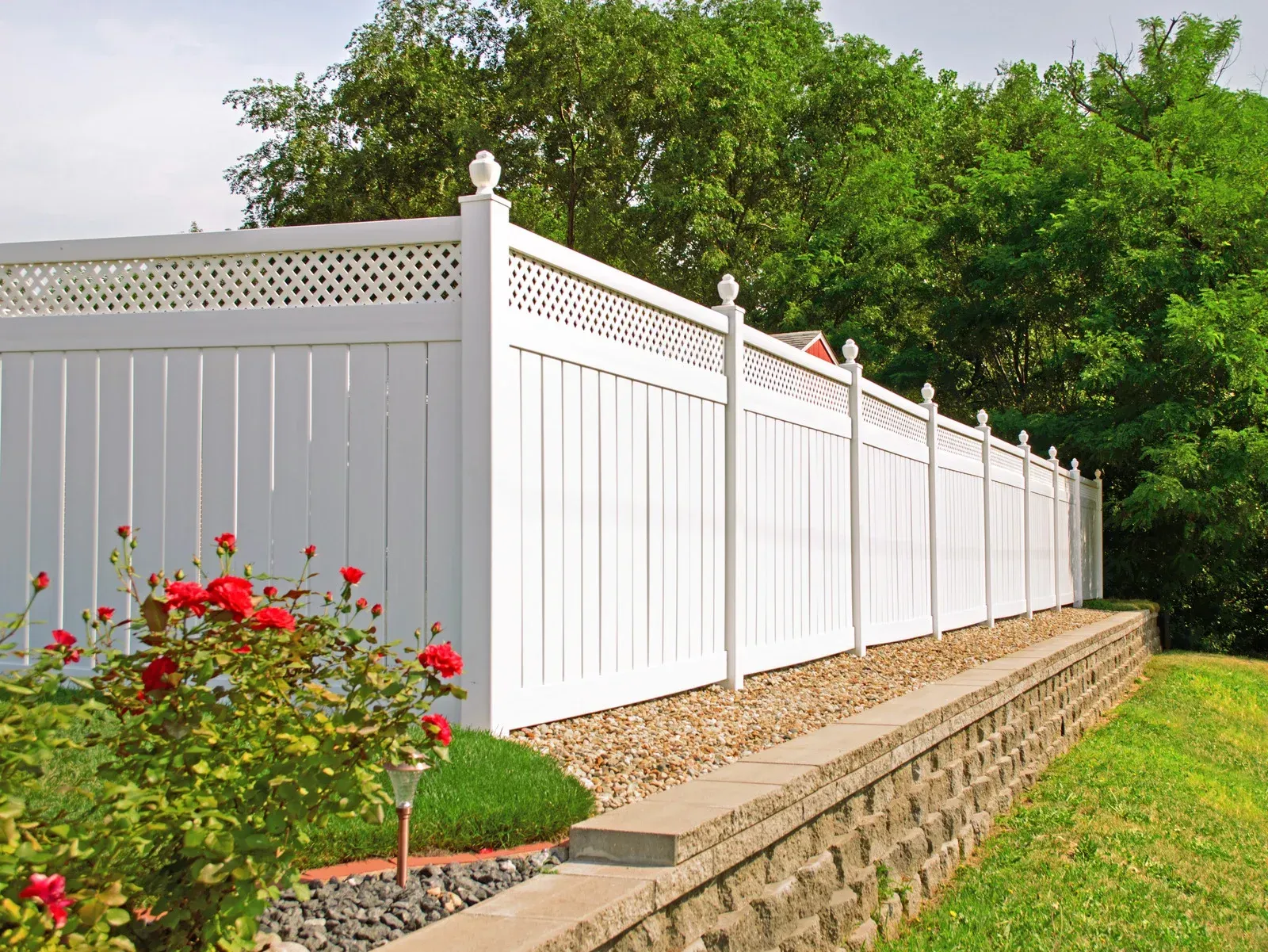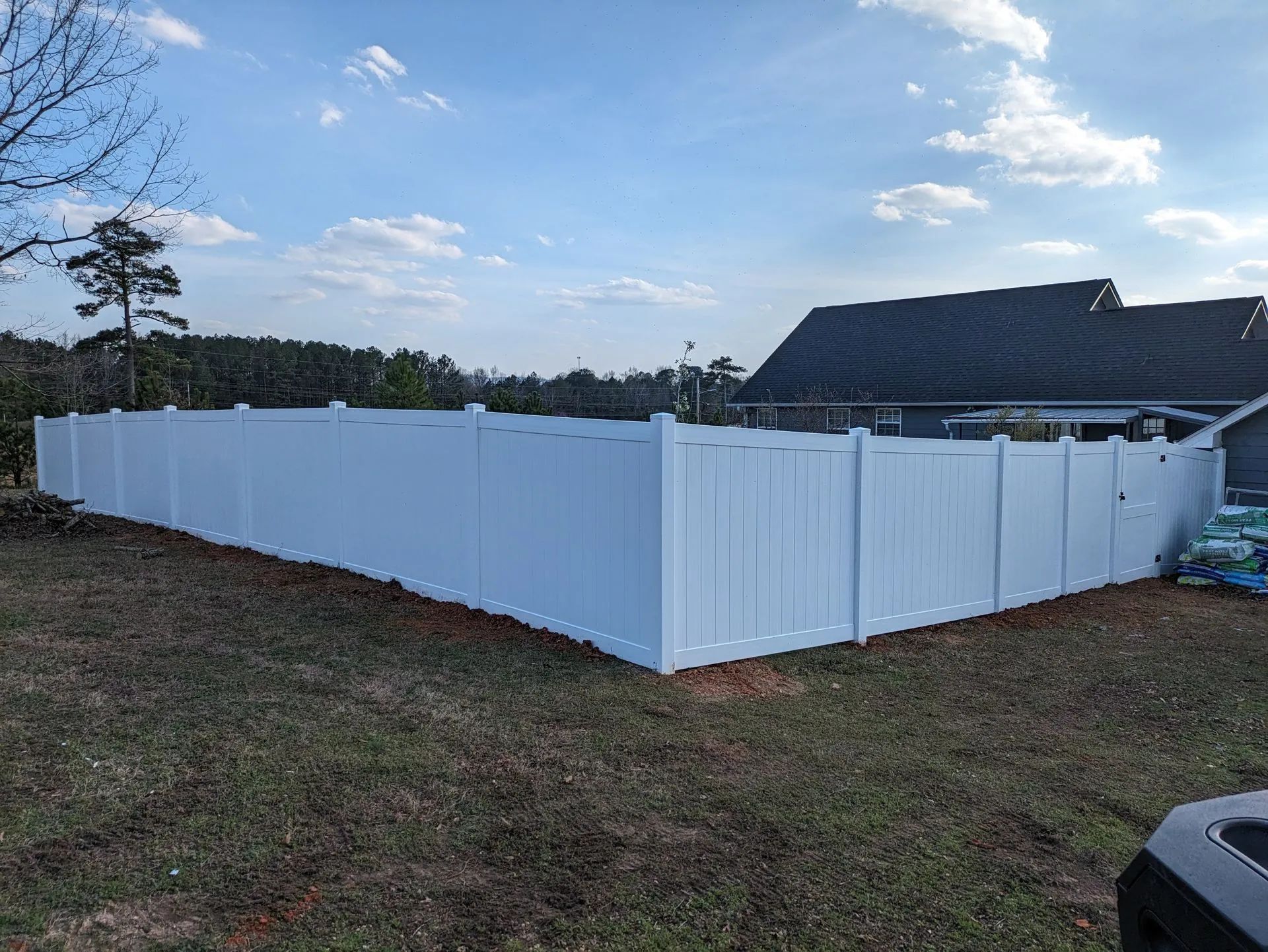October 16, 2025
Top 5 Fence Types for Agricultural Use

Choosing the right fence for agricultural use is essential for safeguarding your livestock, crops, and property. A well-designed fence not only keeps animals safe and contained but also protects your investment from wildlife and trespassers. With so many fencing options available, it can be overwhelming to select the best one for your specific farm needs. Factors like durability, cost, maintenance, and the type of animals or crops you have play a big role in your decision. Every farm is unique, so understanding the strengths and weaknesses of each fence type can help you choose the most effective barrier. Whether you’re managing cattle, horses, sheep, or just protecting your fields, the right fence enhances security and supports your farming operations. In this blog, we’ll explore the top five fence types commonly used in agriculture to help you make an informed choice.
1. Barbed Wire Fencing
Barbed wire is one of the most popular and cost-effective fencing options for agricultural properties. It consists of multiple strands of wire with sharp barbs spaced evenly along each strand. This type of fencing is ideal for containing cattle and other large livestock because it discourages animals from pushing against or leaning on the fence. Barbed wire fences are relatively easy to install and maintain, making them a favorite for large ranches. However, they may not be suitable for smaller animals like sheep or goats, which can get injured.
2. Woven Wire Fencing
Woven wire fencing, also known as field fencing or mesh fencing, uses tightly woven wires to create a strong barrier that keeps in smaller animals like sheep, goats, and poultry. It’s highly durable and provides excellent protection against predators. This fence type is versatile and can be used to protect crops from wildlife or to section off different parts of a farm. While woven wire fencing is more expensive than barbed wire, its strength and safety features make it a worthy investment.
3. Electric Fencing
Electric fences use an electric charge to create a psychological barrier for livestock. When an animal touches the fence, it receives a mild shock that encourages it to stay within the boundary. Electric fencing is highly effective for rotational grazing and flexible fence layouts. It’s easy to install and can be combined with other fence types for enhanced security. This option is great for a variety of animals but requires a reliable power source and regular maintenance to ensure the fence remains operational.
4. Wood Fencing
Wood fences provide a traditional, sturdy option for agricultural use, especially in farms with horses or livestock that require strong physical barriers. They offer excellent visibility and durability, and many farmers prefer the aesthetic appeal of wood fences. Although wood fences require more upkeep and can be more expensive initially, their strength and longevity make them a solid choice for long-term use.
5. Vinyl Fencing
Vinyl fencing is a low-maintenance, durable alternative to wood fencing. It’s resistant to weather, pests, and rot, making it suitable for a variety of agricultural uses. Vinyl fences are easy to clean and do not require painting or staining. While they can be pricier upfront, their longevity and minimal upkeep costs make them attractive for farmers looking for hassle-free fencing solutions.
Simply Fencing LLC – Your Trusted Fence Contractor
When it comes to selecting and installing the perfect agricultural fence, trust the experts at Simply Fencing LLC. With 8 years of experience serving Higdon, Alabama, and the entire Tri-State Area, we specialize in providing durable, cost-effective, and customized fencing solutions to meet your farm’s unique needs. Whether you need barbed wire, woven wire, electric, wood, or vinyl fencing, our skilled team ensures quality workmanship and reliable service from start to finish. Protect your farm with Simply Fencing LLC — your partner in agricultural fencing excellence.




